Simple steps to reduce your energy use by 10%
Simple steps to reduce your energy use by 10%

With energy prices remaining unpredictable and sustainability becoming a shared responsibility, homeowners and renters alike are looking for practical ways to cut energy use—without sacrificing comfort.
According to the UK Government’s Energy Trends Report (2025), the average UK household consumes around 3,700 kWh of electricity per year, or about 71 kWh per week. By implementing just a few changes, you can lower your energy use by at least 7 kWh per week—a 10% reduction that will reflect in your electricity bills.
At Meteor Electrical, we do more than supply high-quality products—we help households and professionals build smarter, energy-efficient systems. Let’s explore how you can save energy (and money) using simple steps and the right equipment.
Lighting: Small Change, Big Impact
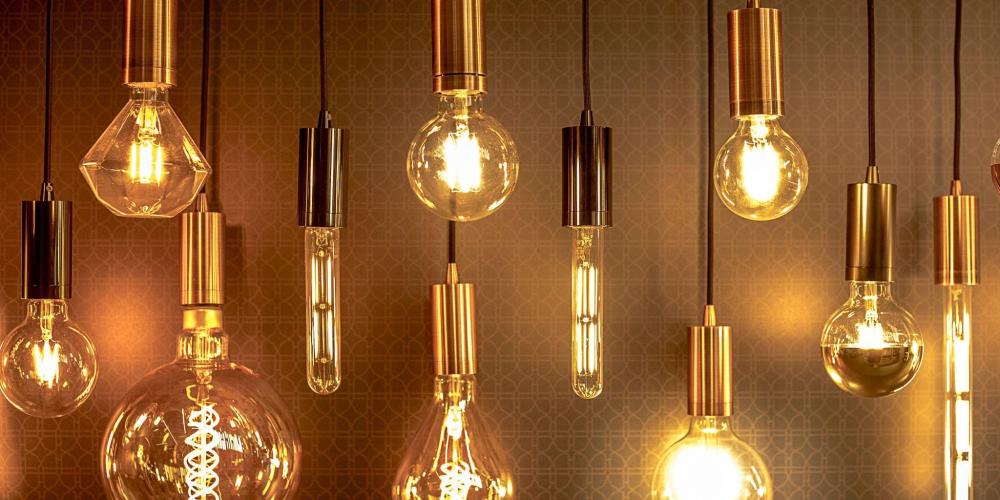
Lighting is an easy starting point for energy savings.
- Switch off lights when you leave the room – saves up to 0.95 kWh/week
- Replace halogen bulbs with LED alternatives – each swap saves 0.59 kWh/week
- Replacing 10 bulbs with LEDs could save around 5.9 kWh/week!
Explore Energy Saving Trust’s guide to lighting
Pro Tip: Meteor Electrical offers a wide range of energy-efficient LED bulbs for homes and businesses. Shop LED lighting
Washing Machine & Dryer: Wash Smart
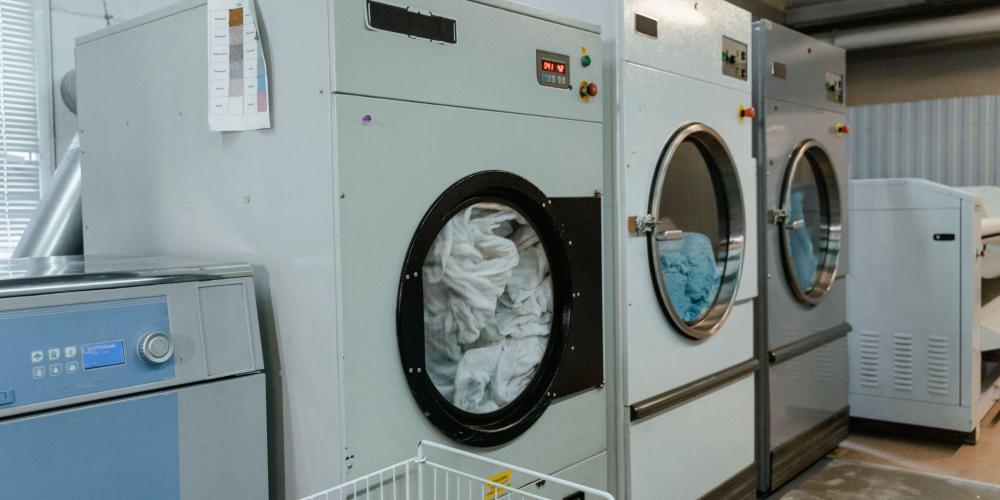
Laundry routines often go unnoticed—but they are power-hungry.
- Wash at 30°C instead of 40°C – saves 0.2 kWh per load
- Air-dry clothes instead of using the dryer – a tumble dryer uses about 1.5 kWh per cycle
Doing just 3 fewer dryer cycles a week can cut around 4.5 kWh from your usage.
Kitchen Habits: Power-Saving Cooking
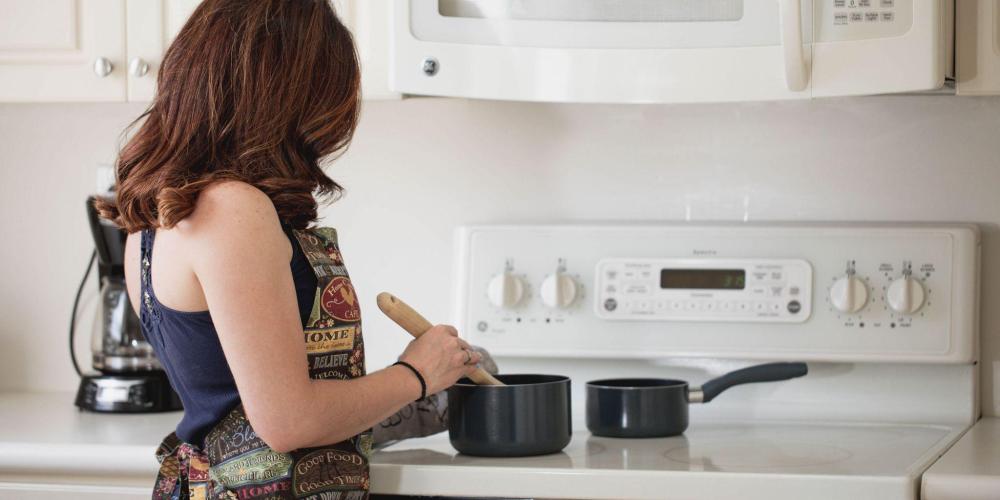
Your kitchen is another energy hotspot.
- Only boil the water you need – saves up to 30% energy per boil
- Use the microwave instead of the oven when possible. A standard oven uses 5.5 kWh/week, while a microwave uses a fraction of that
- Batch cook meals to avoid multiple cooking sessions
TV and Electronics: The Silent Drainers
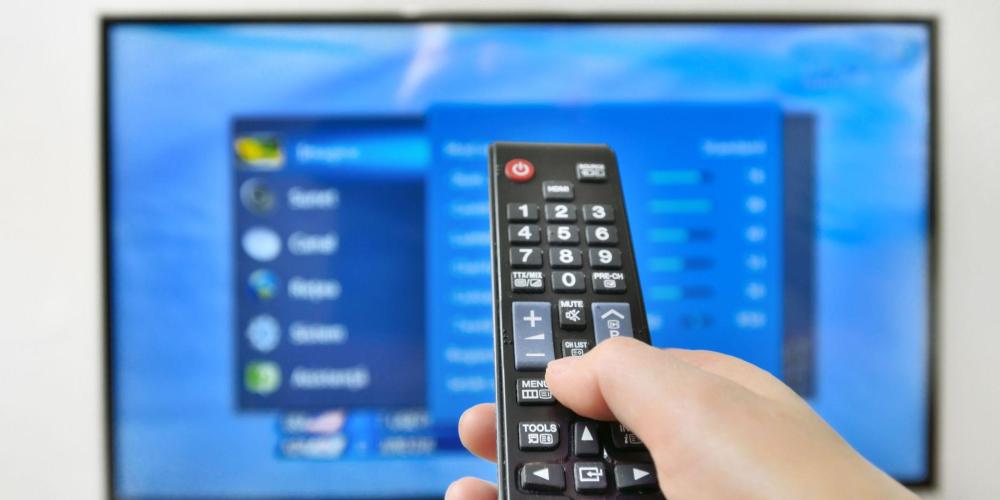
Modern electronics can consume a surprising amount of power—even on standby.
- Switch off the TV at the plug, not just with the remote
- LCD TVs consume ~1.8 kWh/week, while plasma screens use up to 6 kWh/week
- If possible, reduce screen time or switch to smaller, energy-efficient displays
Check out Which? Energy-saving tips
Hot Water: Hidden Energy Use
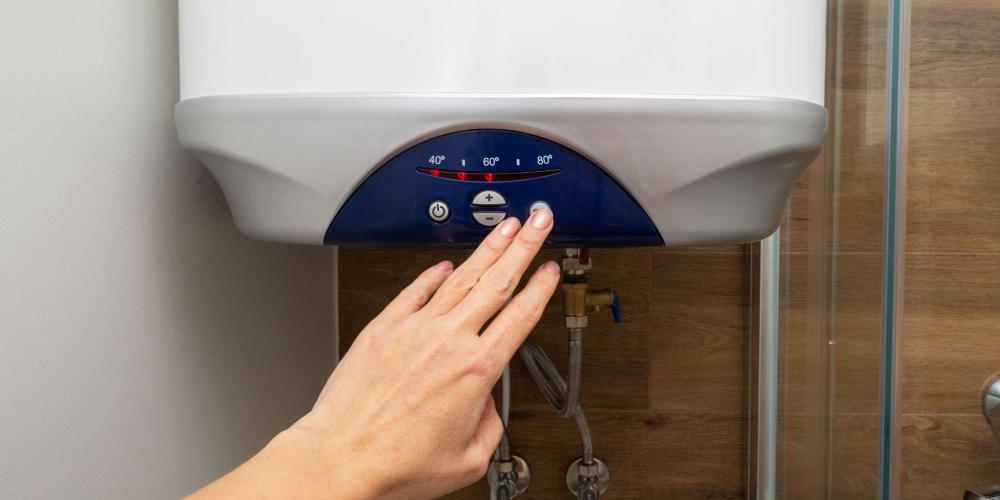
Hot water accounts for around 16% of a household’s energy bill, according to Ofgem (2025).
Here’s how to bring that down:
- Switch to a water-efficient showerhead – saves ~29 kWh/week
- Cut shower time by just 3.5 minutes – saves around 7 kWh/week
These two changes alone can surpass your 10% energy reduction goal.
Meteor Electrical stocks efficient electric showers and fittings designed to reduce both water and energy use. Shop heating and ventilation
Credit: Reduction Revolution
Final Thoughts: Save Energy, Save Money, and Shop Smart
Saving 10% on your electricity usage does not require big sacrifices. With a few habit changes and energy-efficient products, you can make a measurable impact on your bill—and the environment.
At Meteor Electrical, we offer everything you need to build a more energy-conscious home or workplace. From LED lighting to smart heating, our products help you take control of your consumption and make smarter choices.
Ready to reduce your energy use? Visit Meteor Electrical and explore our range of sustainable, high-quality electrical products—delivered fast, right to your site.
Frequently Asked Questions
1. How much energy does a typical home use weekly?
Around 70–75 kWh per week in the UK based on 2025 reports.
2. Do LED bulbs really save energy?
Yes, they use up to 80% less energy and last longer than traditional halogen bulbs.
3. What is the fastest way to reduce my electricity bill?
Switching to LED lighting and reducing dryer use can deliver instant savings.
4. Are microwaves more energy-efficient than ovens?
Yes, microwaves cook faster and use much less energy than electric ovens.
5. Does unplugging appliances make a difference?
Definitely. Devices on standby still draw power, which adds up over time.

